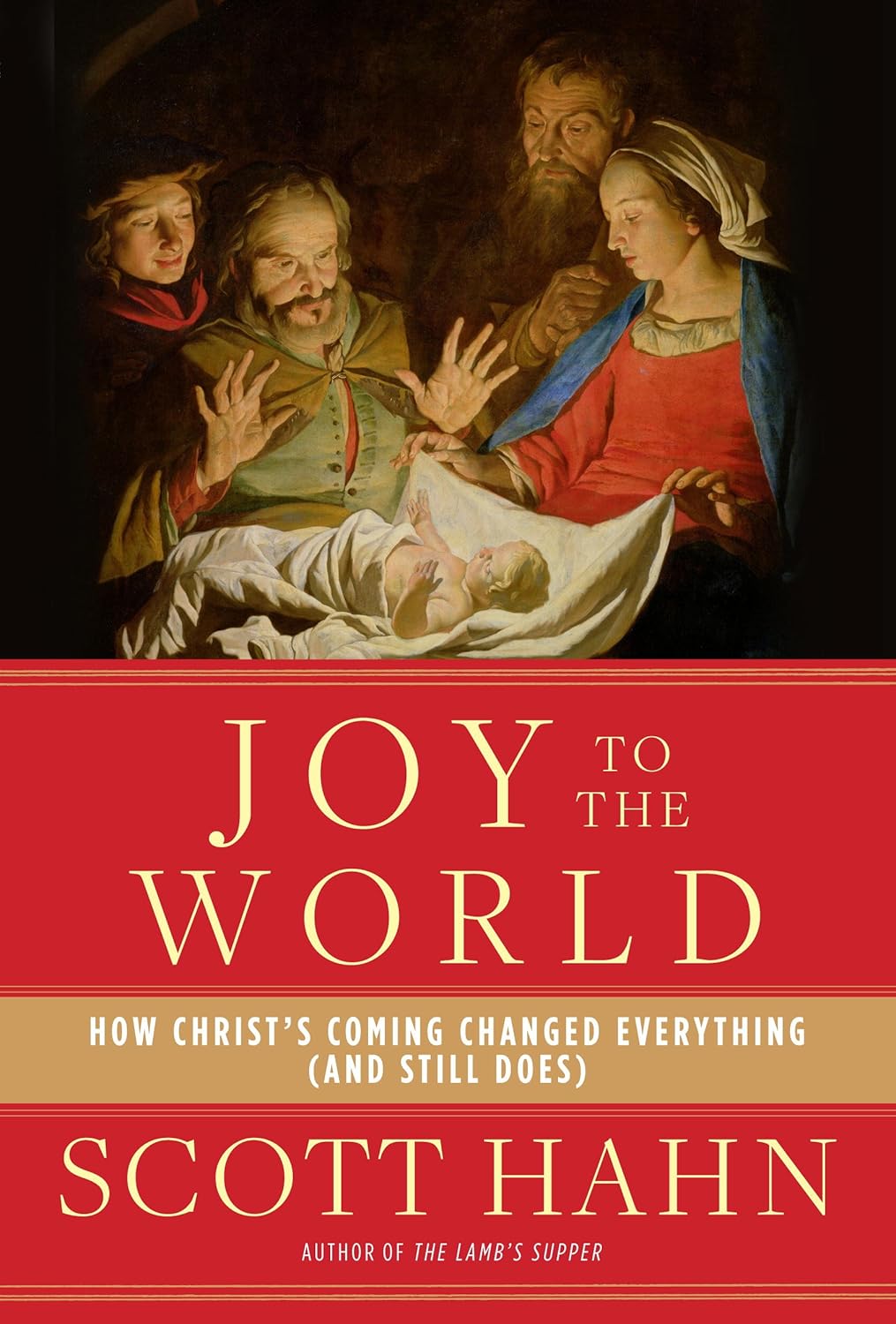
A Thing of Beauty
About the Book:
Former child star Fiona Hume deserted the movie biz a decade ago--right after she left rehab. She landed in Baltimore, bought a dilapidated old mansion downtown, and hatched dreams of restoring it into a masterpiece, complete with a studio for herself.She would disappear from public view and live an artist’s life.
That was the plan.
Ten years later,Fiona’s huge house is filled with junk purchased at thrift stores, haggled overat yard sales, or picked up from the side of the road. Each piece was destined for an art project . . . but all she’s got so far is a piece of twine with some antique buttons threaded down its length.
She’s thirty-two years old and still recognizable, but Fiona’s money has finally run out. She’s gotten pretty desperate, too, and in her desperation she’s willing to do almost anything for money. Almost. So it is that she comes to rent out the maid’s quarters to a local blacksmith named Josia Yeu.
Josia is everything Fiona isn’t: gregarious, peaceful, in control without controlling . . . in short,happy. As the light from the maid’s quarters begins to permeate the dank rooms of Fiona’s world, something else begins to transform as well—something inside Fiona. Something even she can see is beautiful.
My Comments:
Lisa Samson's books are on my "must read" list and this one doesn't change that. The focus of the book is love; how having it and how not having it have had an effect on Fiona's life. As noted above, Fiona was an actress; in fact she was the daughter of an actor and actress. We learn early on that as a teen she was sexually abused and believes that her parents did nothing about it. Her parents also mis-managed her money and as a result, she divorced them, quit acting and moved to Baltimore, which is where her paternal grandfather lived. She planned to become an artist, but instead has turned into a hoarder. While she collects things with the idea of turning them into art, the transformation never takes place; instead she has a large house that is overrun with her treasures to the point that she can't find what she needs.
When it gets to the point that what Fiona needs is money, she decides to rent out a room. She sets up house rules that basically say that her tenant has use of the bedroom and bathroom and that's it and that there is to be almost no contact between them. The tenant she ends up picking is Josia who loves her (not romantically) immediately. He also loves her house and her treasures and shows how the treasures can improve the house. While I liked Josia I found him to be the most unbelievable character in the book.
The story contrasts the lack of love of Fiona's mother, the flawed love of her father, the patient and reserved (and somewhat strange) love of Jack and the almost perfect love of Josia. Once Fiona realizes that people do really love her she is able to open her heart to accept that love, and to shake the dust from her feet when dealing with someone who doesn't love her, but should.
I've said in other reviews that I love Samson's writing. I have an advance review copy, and the final may be different but I just have to share this passage with you. The paparazzi have found Fiona, Twitter is full of tweets about her and she is discussing this with a man who is important to her:
You know what? People are always searching for truth and I'm wondering if that even matters anymore. ... Social media...brought about these thoughts? Yes! Nowadays people formulate truth; they don't find it. I'm sure people have opinions about what happened to me even though none of them have heard about it from me. And you know what is even sicker? "They are so sure about it?" Right, So I ask you. If this is what happens with the situation of someone...as insignificant as I am, how can we possibly know...what goes on with what really matters....a lot of them know nothing first hand and think they know everything. And they talk-talk-talk-talk and post their opinions all over the Internet and it's loud and ridiculous. It's like were all on this ship of fools and nobody knows if the boat is even real.
The book is published by Harper Collins Christian publishers and the themes of love and rebirth are certainly Christian. I guess Josia is kind of a God figure--he loves unconditionally, not romantically and makes old things new again. Nevertheless there is no mention of God, Christ, religion or church in the book and I see no reason that it should offend anyone's religious sensibilities or lack thereof.
I'd like to thank the publisher for making a review copy available via NetGalley. Grade: A-


